

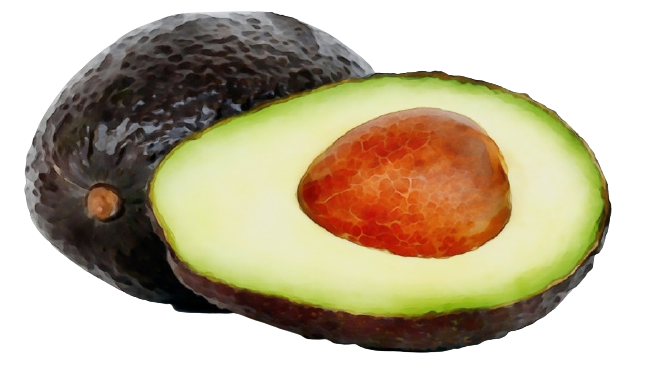
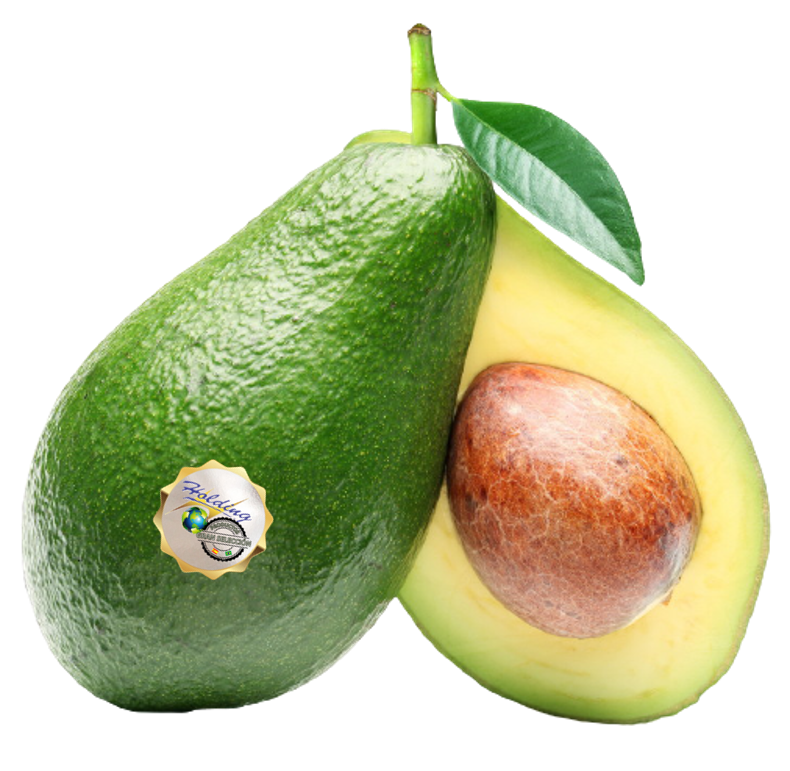 Know the properties and their benefits
Know the properties and their benefits CUSTARD APPLE
CUSTARD APPLE
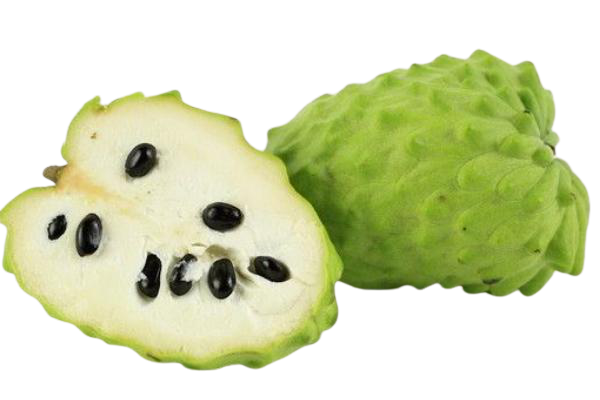
 Coconut has a lot of beneficial properties for our body: bactericidal, antioxidant, anti-parasitic, protects our liver, stimulates our immune system and protects the heart according to the Spanish Heart Foundation.
Coconut has a lot of beneficial properties for our body: bactericidal, antioxidant, anti-parasitic, protects our liver, stimulates our immune system and protects the heart according to the Spanish Heart Foundation.
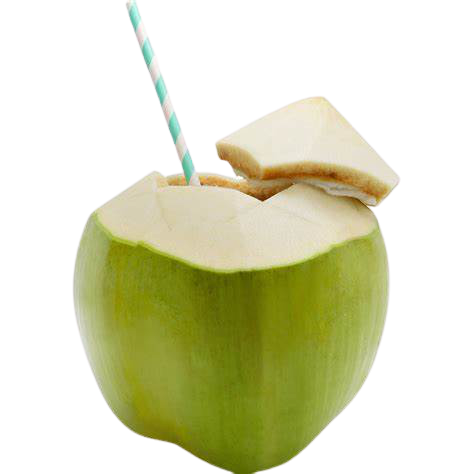 Moisturizing. Coconut water is low in fat and sugar, it hardly provides calories and quenches thirst. Coconut water is a natural isotonic drink.
Moisturizing. Coconut water is low in fat and sugar, it hardly provides calories and quenches thirst. Coconut water is a natural isotonic drink.
 It is an excellent source of vitamin C, an antioxidant and essential for absorbing iron! Commonly called the Tahiti variety, characterized, compared to others, by its more oval shape and by the especially tasty fruits.
It is an excellent source of vitamin C, an antioxidant and essential for absorbing iron! Commonly called the Tahiti variety, characterized, compared to others, by its more oval shape and by the especially tasty fruits.
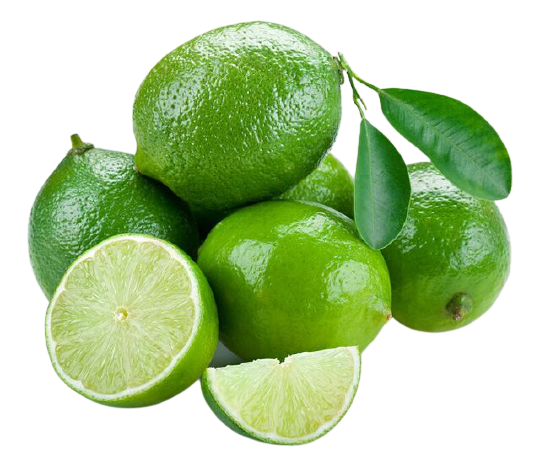 Vitamin C is also a good antioxidant, which prevents the aging of cells. And it is also enhanced with citric acid, an element of which the lime is also rich. It is a natural disinfectant, as well as an antiseptic and alkalinizer of the urine, so lime juice is indicated for people with kidney stones and gout, because it facilitates the elimination of uric acid in the urine.
Vitamin C is also a good antioxidant, which prevents the aging of cells. And it is also enhanced with citric acid, an element of which the lime is also rich. It is a natural disinfectant, as well as an antiseptic and alkalinizer of the urine, so lime juice is indicated for people with kidney stones and gout, because it facilitates the elimination of uric acid in the urine.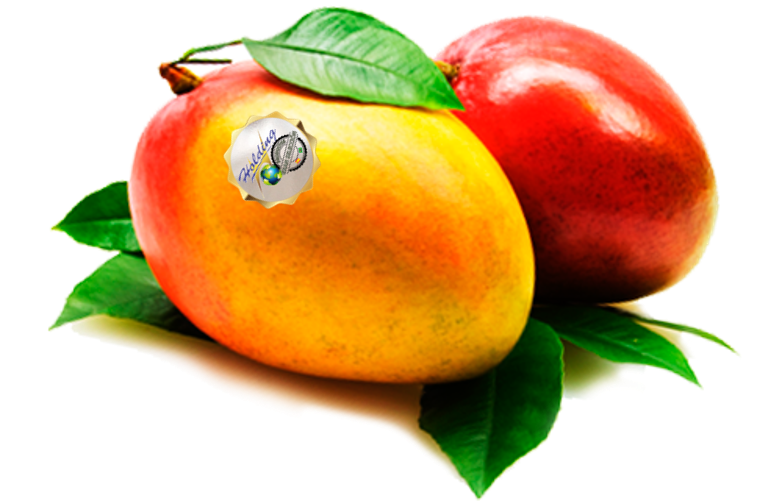 The mango is an exquisite tropical fruit, with a very characteristic exceptional aroma and taste and that has magnificent nutritional properties and benefits for our health.
The mango is an exquisite tropical fruit, with a very characteristic exceptional aroma and taste and that has magnificent nutritional properties and benefits for our health.
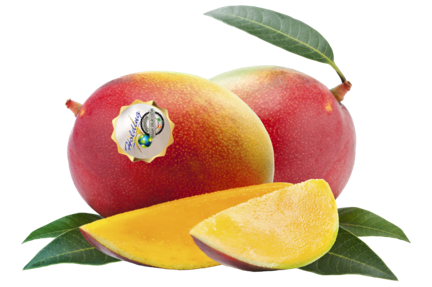 Alkalizes And Fluidifies Blood – The weak organic acids that mango provides, once assimilated in the body, combine with minerals and give rise to salts that have the ability to fluidize and alkalize the blood.
Alkalizes And Fluidifies Blood – The weak organic acids that mango provides, once assimilated in the body, combine with minerals and give rise to salts that have the ability to fluidize and alkalize the blood.
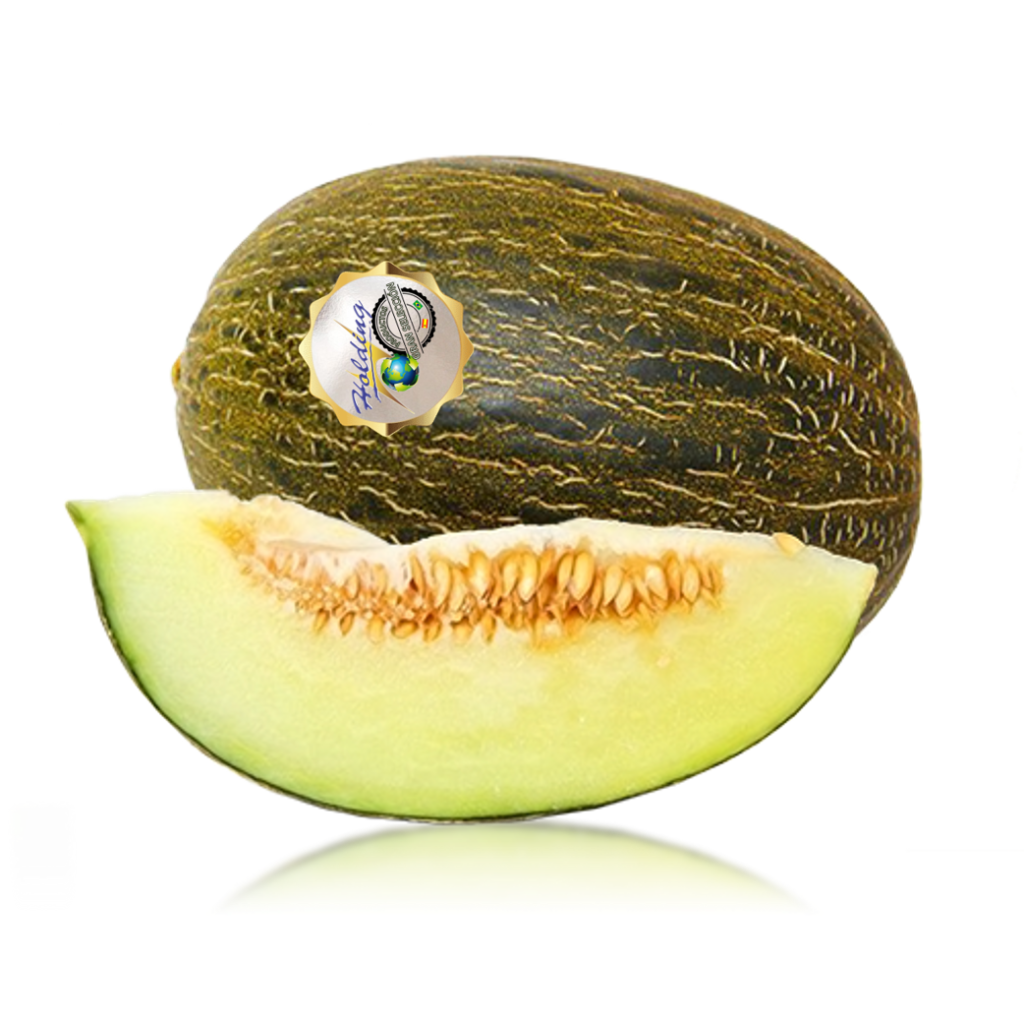 Melon is a sweet, juicy, refreshing and tasty fruit. It is a fruit that has few calories and abundant mineral salts, perhaps the 2 main nutritional properties of melon.
Melon is a sweet, juicy, refreshing and tasty fruit. It is a fruit that has few calories and abundant mineral salts, perhaps the 2 main nutritional properties of melon.
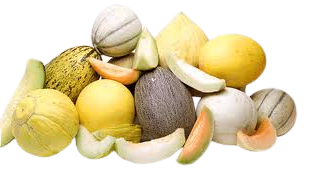 REDUCES BLOOD TENSION – Added to the high proportion of water and potassium is its low sodium content (20 mg / 100 g), which allows it to be included in the prescribed salt-free regimens, once again, in cases of hypertension or retention of liquids.
REDUCES BLOOD TENSION – Added to the high proportion of water and potassium is its low sodium content (20 mg / 100 g), which allows it to be included in the prescribed salt-free regimens, once again, in cases of hypertension or retention of liquids.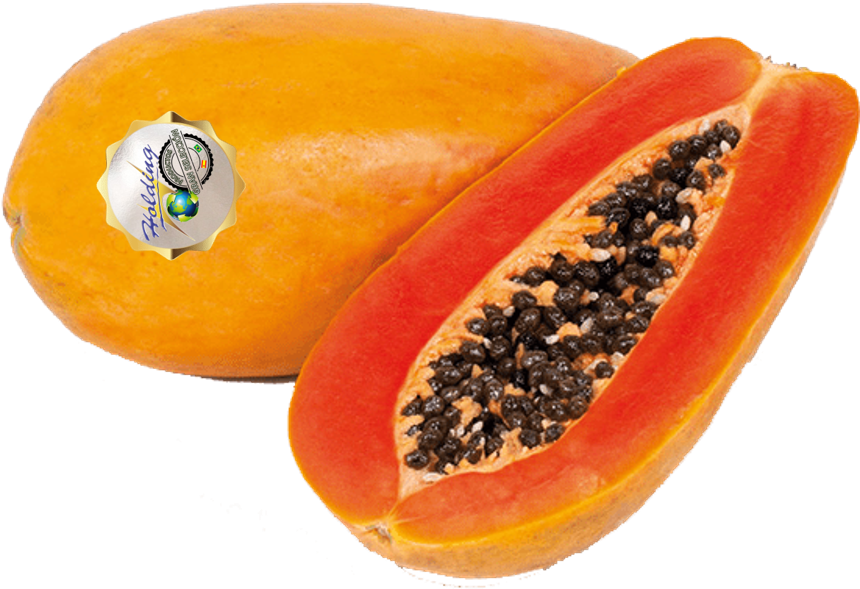
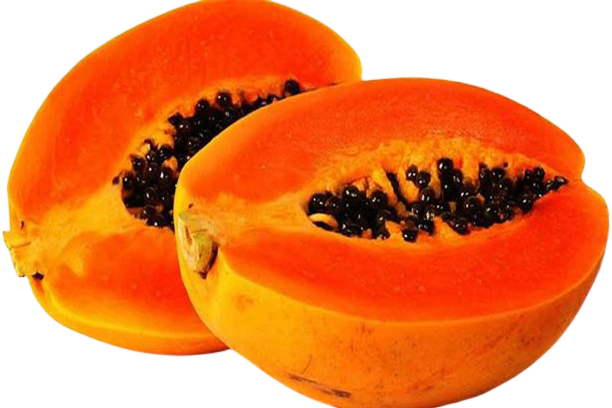

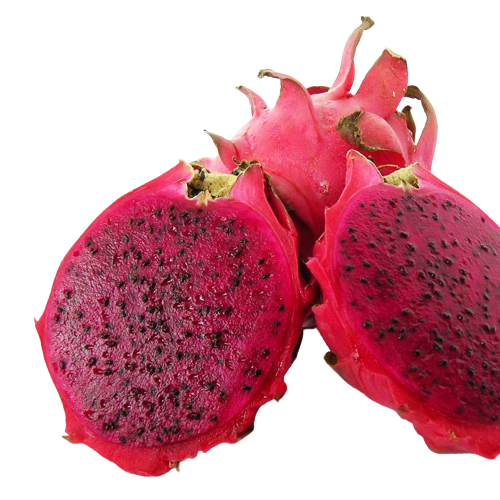 PROPERTIES AND BENEFITS
PROPERTIES AND BENEFITS